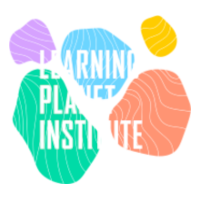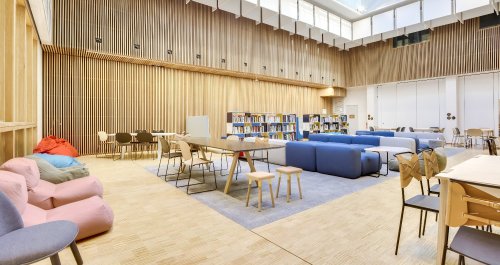
Learning Planet Institute websites
Learning Planet Institute apps
Forging Interdisciplinary Solutions for Planetary Health
Since 2006, the Learning Planet Institute (LPI) has been at the forefront of interdisciplinary education, culturing leaders capable of addressing humanity's most pressing issues through innovative collaboration. The Master of AIRE, hosted by LPI and accredited by Université Paris Cité, is designed for students aiming to address global challenges related to sustainability and planetary health through creative and interdisciplinary approaches.
A Unique Learning Journey. The Master of AIRE transcends traditional academic boundaries by:
Innovative Curriculum Design. Our programme is built on three core pillars:
Experiential Learning at Its Core. Students benefit from:
Developing Future Leaders. The Master of AIRE cultivates:
Who Should Apply?
This programme is ideal for passionate individuals from diverse academic backgrounds - Life Sciences, Physical Sciences and Engineering, Social Sciences, and Humanities who aspire to drive change in sustainability and planetary health. It is a two-year, English-taught programme tailored for high-level, internationally oriented students.
Keywords: Planetary Health, Sustainability, Interdisciplinary, Experiential Learning, Leadership
The Master of AIRE is a national 2-year diploma of Université Paris Cité. The degree is part of the EURIP Graduate School which offers opportunities to continue your postgraduate studies with a 3-year PhD at FIRE Doctoral School for selected applicants.
The Learning Planet Institute campus is located in the heart of Paris's Marais district. Students benefit from a vibrant ecosystem rich in seminars, research groups, global initiatives and club activities.
